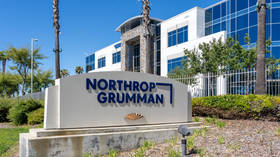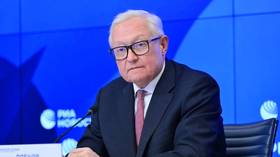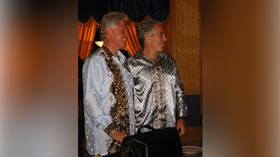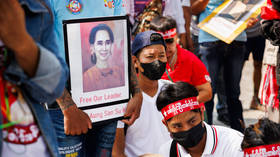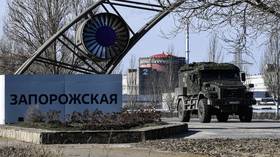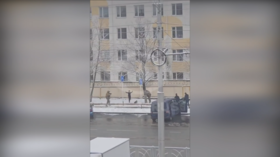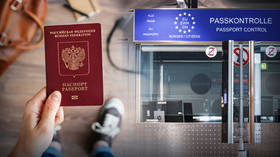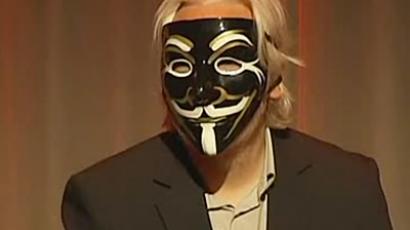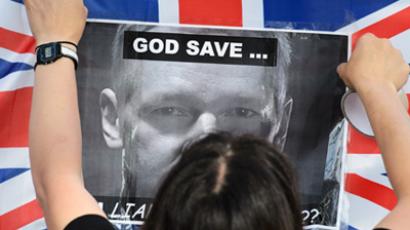US claims ‘no interest’ in Assange
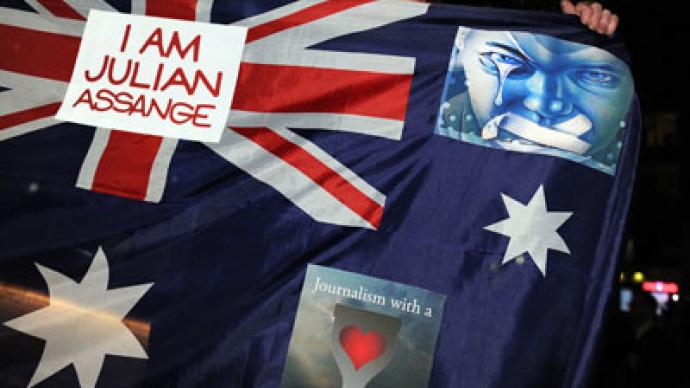
The US has no interest in Julian Assange, insists America’s ambassador to Australia. The statement comes as the WikiLeaks founder grasps his last chance before extradition to Sweden, which he fears will pave the way for further rendition to the US.
The US ambassador to Australia, Jeffrey Bleich, rejected as “an invention” claims that Washington was preparing a warrant for the arrest of Julian Assange, an Australian national currently under house arrest in Britain, over WikiLeaks' role in publishing thousands of secret US diplomatic cables last year.“There is no such thing as a secret warrant. Period. They don't exist,” Bleich told the Australian national public broadcaster ABC on Thursday. “It's not something that the US cares about. It's not interested in it.”Meanwhile, the website “Justice for Assange” claims exactly the opposite. “Stratfor [the global intelligence company] emails have revealed that a sealed indictment has been issued by a secret grand jury in Alexandria, Virginia, for Julian Assange,” says the message. “The email is dated 26 January 2011. This means that there has likely been a sealed extradition order for over a year, which will be activated (unsealed) against Assange in Sweden, Australia and the UK when the US Government gives the order.”Bleich also said Assange’s extradition to Sweden does not pose any advantages to the US. “And frankly if he is in Sweden then there is a less robust extradition relationship than there is between the US and the UK,” Bleich was cited by the media. “So I think it's one of those narratives that has been made up. There is nothing to it.”But Assange and his legal team fear there is a “real risk” he could be extradited to the US, where he could end up being tortured in a high-security American prison or even face the death penalty.His defense activists also give counter-arguments to Jeffrey Bleich’s contention that it would be more difficult for his country to get Assange from Sweden than from the UK. They maintain that Assange will face much tougher times in Sweden. “Public opinion and the media (to a greater extent) are more sympathetic to Julian Assange in the UK than in Sweden,” they write. “Public pressure could draw out the process of extradition to the US in the UK. In Sweden the media climate is hostile due to the sex allegations [Assange is facing there]. Public outcry would be significantly weaker and therefore less likely to stand in the way of a strategically convenient extradition.”They are sure that in the UK, Julian Assange is better able to defend himself, muster support and understand the legal procedures against him. While in Sweden on the other hand, the language barrier prevents him from effectively challenging the actions he faces.“The UK is politically better positioned to withstand pressure from the United States than Sweden,” they write. “Sweden is a small country of 9 million people close to Russia. It has grown increasingly dependent on the United States. In recent years Sweden has complied with directives from the United States in a manner that has not been scrutinized by Parliament, as has been revealed by the disclosed diplomatic cables [on WikiLeaks].”The defense team also fears if eventually Assange ends up he US he would be on trial in the same manner as Private Bradley Manning. The latter is currently facing court-martial for handing over classified documents to the whistleblower’s website.Assange is wanted in Stockholm for questioning over sex crime allegations. On Wednesday, he lost his 18-month marathon court battle in the UK Supreme Court. However, the judges granted him 14 days to make an application to reopen the extradition case.Assange does not deny that he had sex with two WikiLeaks volunteers in Sweden while attending a WikiLeaks seminar, but insists the sex was consensual and argues there are political motives behind the attempts to extradite him.Shortly after the extradition verdict, Assange's mother, Christine Assange, who flew to London for the occasion, accused the Australian government of failing to give her son proper support.“[They have been] absolutely useless. In fact, contrary to help, they've done everything they can to smear Julian and hand him up to the US,” she told the ABC from London.Australia argued it can not affect the process, but would closely monitor the case.“The Australian government cannot interfere in the judicial processes of other governments, but we will closely monitor the proceedings against Mr. Assange in Sweden,” a spokeswoman for Australia’s Department of Foreign Affairs said, commenting on the court’s decision to extradite Assange.A coincidence it might seem, but US Secretary of State Hillary Clinton is set to visit Stockholm just four days after the UK court ruling, to discuss green energy, internet freedom, Afghanistan and the Middle East.


